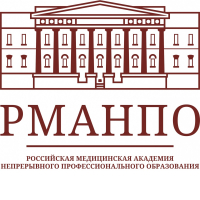
Russian congress
«SAFETY OF PHARMACOTHERAPY 360°: NOLI NOCERE! »
Cochrane Russia Workshop: Evidence-Based Clinical Guidelines for the Safety of Pharmacotherapy
«SAFETY OF PHARMACOTHERAPY 360°: NOLI NOCERE!» congress registration here
Moderators:
- Rector, Academician of Russian Academy of Sciences, Professor, Scientific Director of the Knowledge Translation Centre, Dmitry Alexeevich Sychev
- Lead coordinator of the Knowledge Translation Centre, Director of Cochrane Russia, Professor, Liliya Eugenevna Ziganshina
18 May 2023
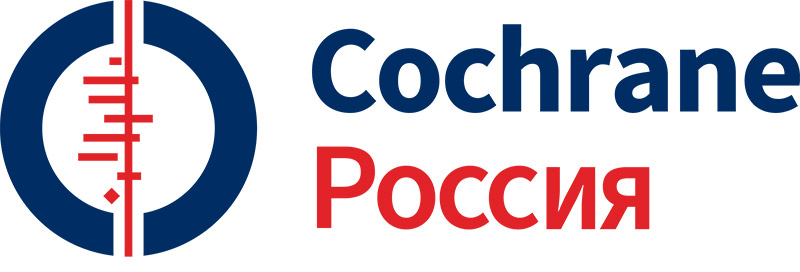 |
|
14.45 – 18.00
|
14.45-14.50 |
Introduction Tiffany Duque, Dmitry Alexeevich Sychev |
|
14.50-15.10 |
The RIGHT Statement and Consortium: an overview from the founder Yaolong Chen |
|
15.10-15.50 |
Implementation of the RIGHT checklist and its extensions in practice Janne Estill |
|
15.50-16.15 |
Discussion |
|
16.15-16.30 |
Break |
|
16.30-17.00 |
Clinical guidelines: using evidence from Cochrane reviews and medicines safety issues |
|
17.00-17.20 |
Cochrane information and education resources for the safe use of medicines |
|
17.20-17.50 |
Deprescribing of medicines: Special Cochrane collection Liliya Eugenevna Ziganshina |
|
17.50-18.00 |
Discussion. Conclusion |
Cochrane welcome:
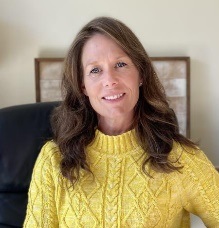 |
Tiffany Duque, Senior Officer, US Network & Geographic Groups, Cochrane - Central Executive Team |
RMANPO welcome:
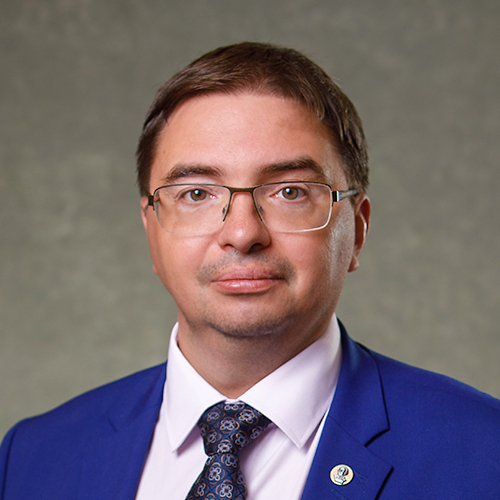 |
Dmitry Alexeevich Sychev, Rector, Academician of Russian Academy of Sciences |
Speakers:
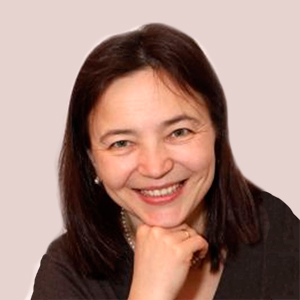 |
Liliya Eugenevna Ziganshina, MD, PhD, DSci, Professor, Leading Coordinator of the Knowledge Translation Centre (RMANPO), Cochrane Russia Director (Moscow, Russia) |
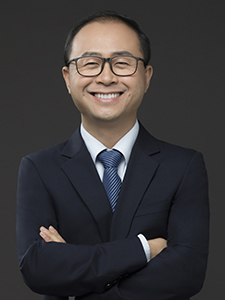 |
Yaolong Chen, Professor for health data, evidence and guidelines; Dean, Institute of Health Data Science, Lanzhou University; Co-Director, WHO Collaborating Centre for Guideline Implementation and Knowledge Translation; Director, Chinese GRADE Centre; Director, Cochrane Affiliate, Lanzhou University (Lanzhou, China) |
 |
Janne Estill, Adjunct Professor, School of Basic Medical Sciences, Lanzhou University, (Lanzhou, China); Senior Research Associate, Institute of Global Health, University of Geneva (Geneva, Switzerland); Director, Estill Epidemiology Consulting Ltd (Tallinn, Estonia) |
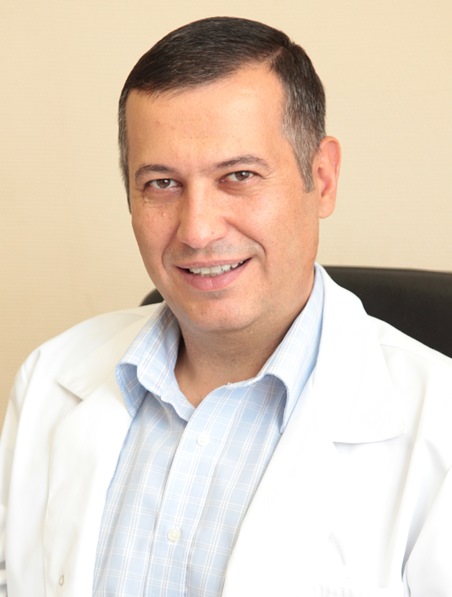 |
Chavdar Savovich Pavlov, MD, PhD, DSci, Professor, Head of the Department of Therapy of the Institute of Professional Education, Deputy Director for Scientific and Organizational Work (First Moscow State Medical University named after I. M. Sechenov (Moscow, Russia), Cochrane Hepato-Biliary Group. |
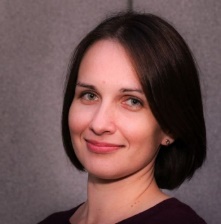 |
Ekaterina Victorovna Yudina, MD, PhD, Coordinator of the Knowledge Translation Centre (RMANPO) (Moscow, Russia) |
Key points for discussion:
- Do you have any suggestions for the RIGHT checklist in general?
- Do you have any suggestions on how to improve the usability of RIGHT in its two roles: a) as a guideline development checklist; and b) as a guideline evaluation tool?
- In addition to RIGHT, other checklists and tools for guideline development exist too (e.g. AGREE II). Is the scope of use for the different tools clear, and what could we do to make it clearer and reduce any overlap between the different tools?
- RIGHT has just been translated into Russian. What additional actions could be taken to adapt RIGHT better into the context of Russia and other CIS countries, and to promote its use in this region? What is the present situation with clinical practice guidelines in Russia (e.g. which entities publish guidelines, are there national-level standards or development guidance; do they tend to be developed independently or adapted from international guidelines; etc.)?
- What is (or should be) the role of the Cochrane Collaboration in the development of practice guidelines, and how can RIGHT facilitate this work and promote the use of evidence from Cochrane reviews?
- What is the contribution of the Cochrane Collaboration and Cochrane Reviews to improving the safety of medicines?
- What are the successes and limitations in incorporating evidence from Cochrane Reviews and medicines safety issues into clinical guidelines?
«SAFETY OF PHARMACOTHERAPY 360°: NOLI NOCERE!» congress registration here
«SAFETY OF PHARMACOTHERAPY 360°: NOLI NOCERE!» congress website
